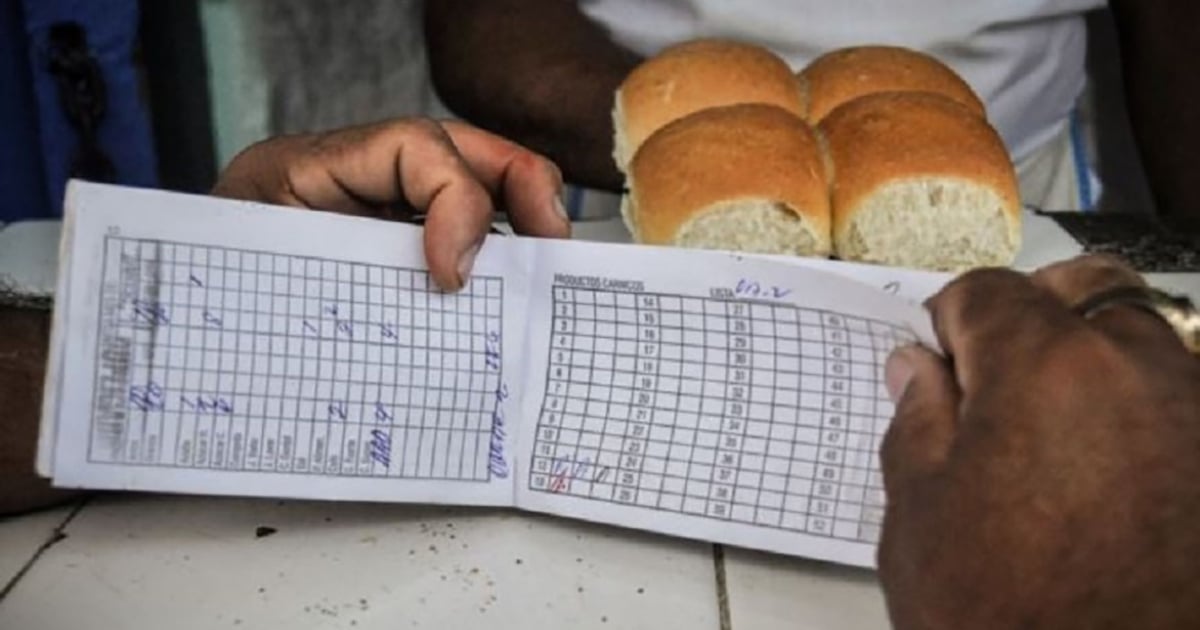In the province of Guantánamo, Cuba, bread from the basic food basket will now be distributed solely to children aged 0 to 13 years and specific social institutions, as reported by the Provincial Government on Thursday. This drastic action, echoed by the newspaper Venceremos, is a response to the unstable supply of flour in the province, attributed to difficulties in importing wheat into the country.
The distribution plan prioritizes young children, hospitals, educational facilities, and the Family Care System. This change takes effect on May 9 and is described as a "temporary measure" to continue until the situation improves enough to resume regular distribution to the entire population.
The announcement sparked a wave of outrage, anxiety, and skepticism on social media, with many users questioning the decision's impact on teenagers, the elderly, pregnant women, and workers—groups particularly vulnerable amid the current food crisis.
Public Outcry: Disbelief and Criticism
Among numerous comments, a concerned mother asked how families with children over 13 who are still in school should cope. Another user bitterly joked that this was a "Mother's Day gift." Many recalled that in Cuba, "temporary" often becomes permanent, referencing past unfulfilled government promises.
The exclusion of senior citizens was a frequent criticism, as many elderly individuals rely on this bread as their primary meal, and with minimal pensions, they cannot afford it on the black market. "When they mess with bread, they hit rock bottom," read a widely shared comment.
The measure has also led to bitter jokes and comparisons to other food restrictions imposed by the regime. "Not even bread is spared. What's next, rice by lottery?" quipped one user.
Bread Crisis Deepens Across Cuba
Guantánamo's situation is part of a broader crisis affecting several provinces. In Havana, a bakery resorted to using wood for baking due to a lack of gas and electricity. Matanzas promoted croquettes and tostones as substitutes amid flour shortages.
In Santiago de Cuba, bread prices soared to 50 pesos per unit, while officials in Matanzas admitted publicly they had bread for just one day. The official press acknowledged a "price anarchy" in Havana, with no quality control or oversight in street sales.
The flour situation is dire: by late February, only the Cienfuegos mill was operational, unable to meet national demand. In places like Artemisa and Santiago, bread distribution has completely collapsed.
Temporary Solution or Permanent Policy?
While Guantánamo officials claim the measure is temporary, past "temporary" decisions that became permanent fuel public distrust. Cubans recall the bread weight reduction in 2024, initially temporary, never returned to normal.
In a nation where "our daily bread" has lost its literal meaning, Guantánamo's decision reinforces the belief that shortages and poverty in the basic food basket have become institutionalized. As the regime frames these decisions as necessary and circumstantial, Cubans experience them as symptoms of a collapsed economic system, lacking real solutions or political will to secure fundamental food rights.
Common Questions About Bread Rationing in Guantánamo
Who will receive bread under the new rationing system in Guantánamo?
Bread will be distributed exclusively to children aged 0 to 13 years, hospitals, educational institutions, and the Family Care System.
Why is Guantánamo limiting bread distribution?
The limitation is due to unstable flour supply in the province, linked to challenges in importing wheat into Cuba.
How did the public react to the bread rationing announcement?
The public responded with outrage, skepticism, and criticism, particularly concerned about the impact on teenagers, the elderly, and vulnerable groups.
